Writers of Ambition: a roundtable interview
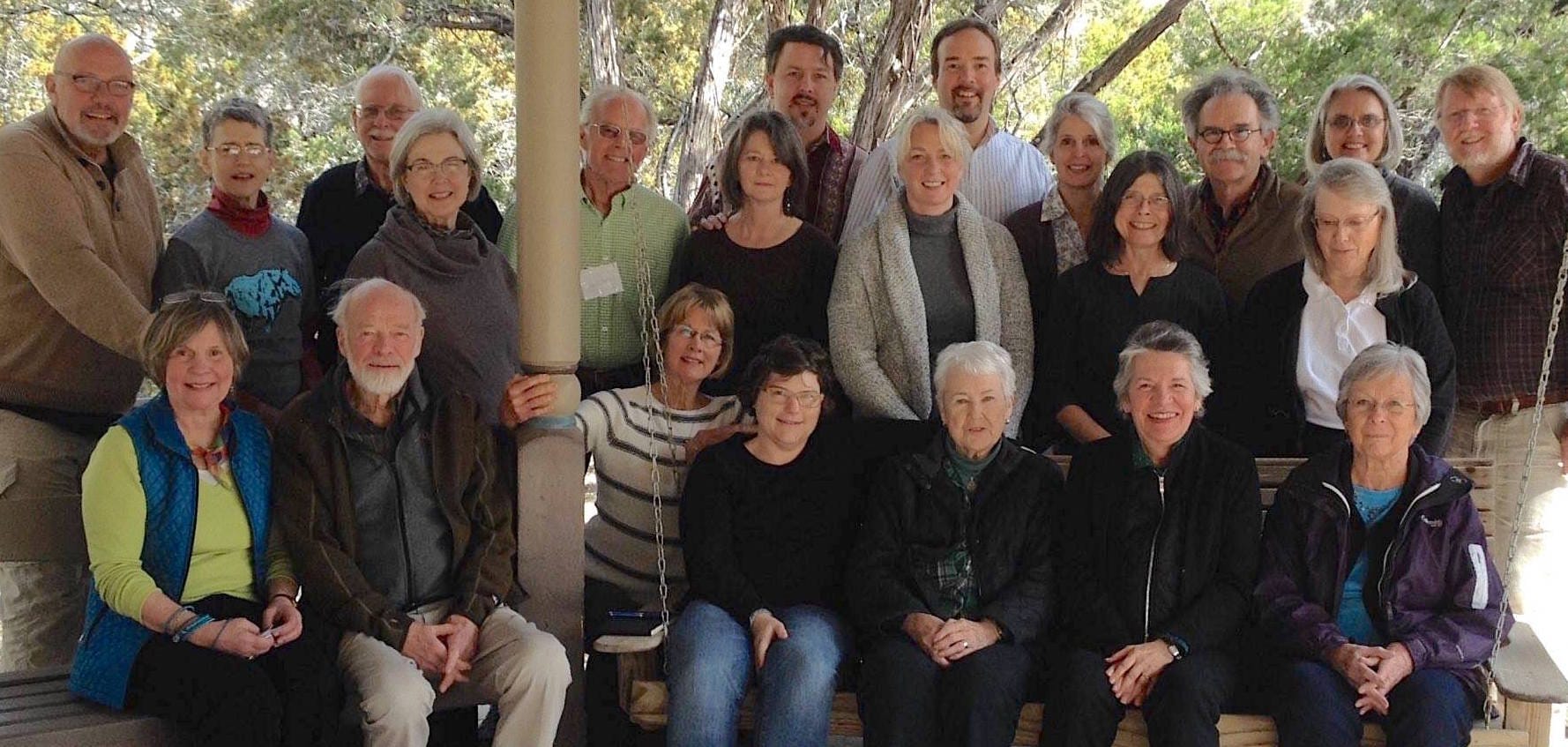
This may be a first: I don't know that I've ever interviewed several of my favorite writers at once. But Ambition has made me ambitious.
In Ambition, the Chrysostom Society’s latest collaborative book of wisdom and testimony, nine members of the Society — Diane Glancy, Emilie Griffin, Bret Lott, Erin McGraw, Gina Ochsner, Eugene Peterson, Luci Shaw, Dain Trafton, Jeanne Murray Walker — asked themselves what role ambition has played in their lives.
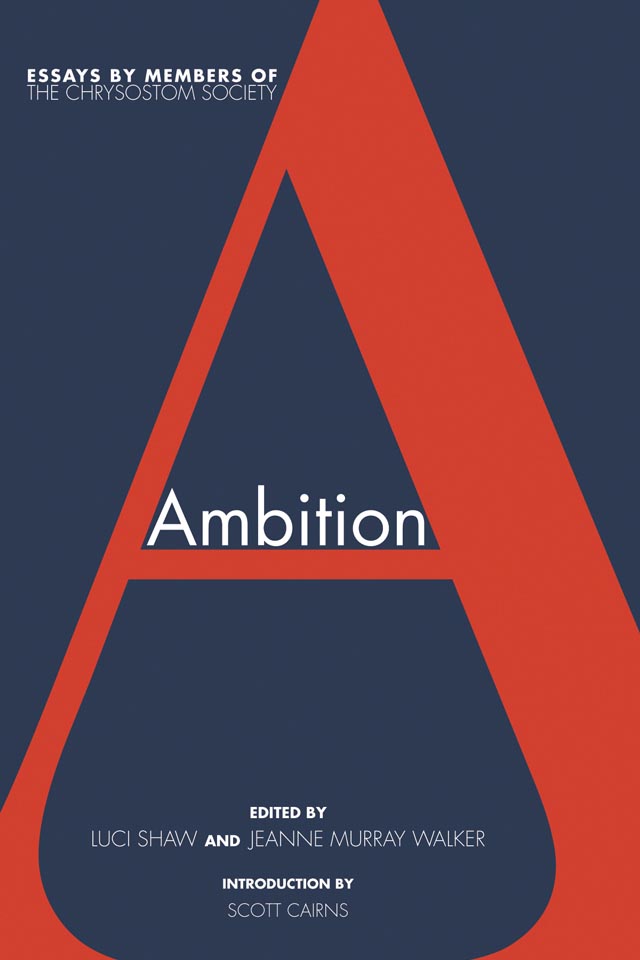
The question prompted a wide range of responses — artful, anecdotal, and insightful — which have been organized and edited by Shaw and Walker, with an introduction by Scott Cairns.
I highly recommend it to you for yourself or for anyone on your Christmas list who might be ambitious, who might struggle with questions of ambition, or who might need a nudge to aim higher and dream bigger. Pick up a copy... or five.
And by the way, I'm giving away a big stack of copies to winners of this contest, which ends tonight (Sunday, December 13).
I find myself comparing and contrasting the contributions in this book, finding that the Society is, as usual, quite a motley crew of perspectives. In print as in person, their opinions sometimes clash and sometimes complement one another — a blessing for readers, in that it gets us thinking for ourselves.
I began reading their collaborative collections when I was in high school. Specifically, Reality and the Vision, a gift from my father, and a book that introduced me to many of my favorite authors. I've learned much from their subsequent works as individuals and as a collective. A Syllable of Water will be required reading in any creative writing course I teach.
So it is with great pleasure that I get to introduce you to writers who continue to inspire me. Some of them — Glancy, Trafton, and Walker — have contributed to the book. Others — Matthew Dickerson, Paula Huston, Paul Willis, and Sara Zarr — are members of the Society who have participated in conversations surrounding the development of the book, and who have plenty of insights from their own experiences to offer.
•
Ambition is dedicated to four members of the Society who have passed on: Doris Betts, Madeleine L’Engle, Keith Miller, and Robert Siegel. Is there anything we might learn about ambition from them?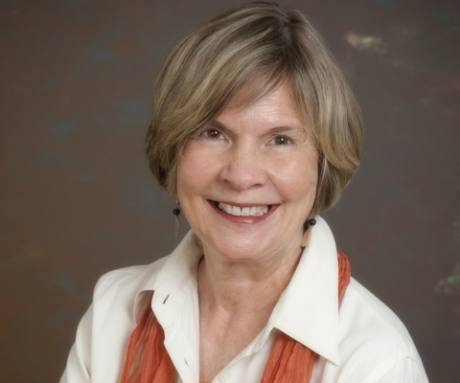
Walker:
He and I got to know one another when we were in our early twenties, when he offered to comment on my early poetry and then promptly taught me how to send it to journals. Bob Siegel, Jack Leax, and I wrote one another iambic letter poems about “The Seven Deadlies” over the decade or so just before Bob died.
Bob had an astonishing talent for separating his own ego from his work, for which he was deeply ambitious. He published many books, often appeared in Poetry magazine and was honored by prizes. Before he died he saw through the presses two books of his most recent poetry. He made all of it look easy.
Walker:
Ambition
Dickerson:
As a writer, I can say that the book certainly speaks to me in ways both challenging and encouraging. Most of the contributions, since they come from writers, do connect ambition to writing. But it also deals with parenting, pastoring, culture, the Bible. I think it is both broadly applicable and so well written that really anybody should be able to benefit from and enjoy this book.
Trafton:
This book is for anyone who feels the powerful lure of ambition. It is not for people who think — or say — that their ambition is to be a good boy or a good girl, unless they are willing to think their way beyond that deluding fantasy.Most Society members have been writers for many years. How has your sense of ambition changed from the days before your first publication to now? Do you feel more or less ambitious?
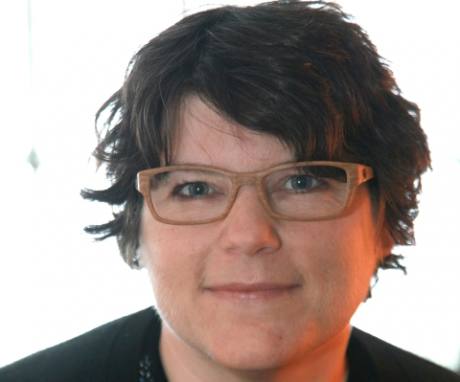
Zarr:
When I started out, I was very driven by feelings of competitiveness and having something to prove. Discovering how fleeting and fickle those things are, my ambition has shifted to the "what exactly am I doing here?" side of things. I try to channel it into having the guts to try new things, to risk failure, to risk being unsuccessful. My ambition is to slow down in hopes of greater excellence and compassion in my work — both in the results and in the process.
Dickerson:
I’m not sure if my ambitions have changed, but my expectations certainly have. My ambition is still to write beautifully, to tell compelling stories, to explore important ideas, and to have my books reach a broad audience. But I also want to write from a place of obedience and faith. I am now more aware that I was 25 years ago when my first novel was published that God can use my books is in very significant ways in the lives of individual readers even if the books never achieve anything resembling critical or popular acclaim.Tell us about one of your success stories — an ambition you've fulfilled.
Huston:
Not so. Three years later, the same editor refused to publish my second novel, despite it's being written under contract. And I was back to square one — a crushing experience that prompted me to look at myself and my writing with a more realistic and more discerning eye.
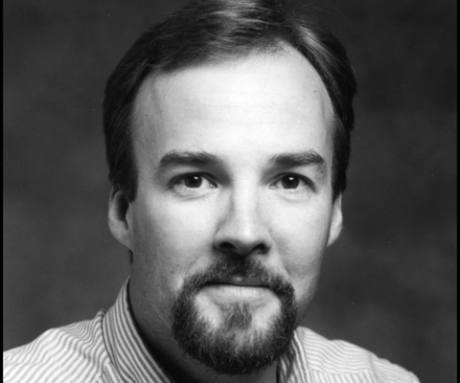
Dickerson:
But all of those feelings faded fairly quickly, and it was fifteen years before my next book was published. Fifteen years with lots of doubts and insecurities and crushed ambitions. I certainly have learned (or, at least, am in the process of learning) not to evaluate my worth by moments of worldly “success” — by whether certain ambitions have or have not been achieved.
Zarr:
I'd advise myself to come up with a definition of success that is about showing up for the work rather than for whatever my ego thinks it needs.
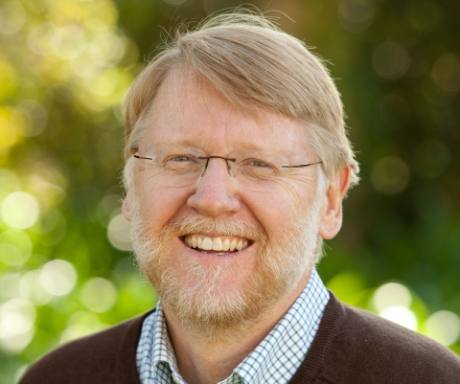
Willis:
But the grass is always greener in the other genres. I have published zillions of poems and a good many essays, but have always wanted to have a YA novel in print. Gary Schmidt, a very successful YA novelist, was telling me a few months ago that even though he has often tried, he has never been able to write a poem, let alone publish one. Why is it that envy for the gifts of others so often replaces gratitude for the gifts we have already been given? Shakespeare's Sonnet 29 is popular for a reason.
I remain interested in stories of writers who "failed" in one genre and succeeded in another. Joyce, Faulkner, and C. S. Lewis all set out to be poets. All were much more gifted in prose, of course, but prose of a particularly poetic kind. The best parts of Lewis's essays are his sparkling analogies. Or take Robert Browning, the failed Victorian playwright who succeeded as a poet by perfecting (drum roll) the dramatic monologue. All those plays that nobody wanted to watch were eventually grist for a new kind of poem. In the divine economy of our lives, I'd like to believe that nothing is lost.
Dickerson:
Don’t get overly excited about good reviews. Don’t get overly discouraged about bad reviews. Don't expect to know the impact of your books; you might never know how significant one book might be to one reader. But do keep writing. (That last piece of advice I probably wouldn’t need to give myself, since it’s what I did anyway.)
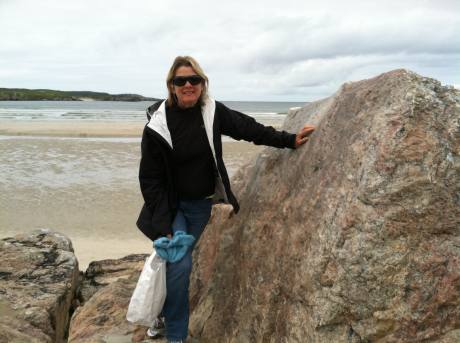
Huston:
I'd inform myself that success, if measured in book sales, name recognition, and money earned, is ephemeral and actually pretty meaningless. Public taste is fickle, the industry is often in crisis, and what's popular today is forgotten tomorrow. So, I'd say to my younger self, don't set out to gather the most readers; set out to write the best and truest thing you can and you will find the right readers, those who will stick with you over the long haul. Those who eagerly await what you will publish next. For a writer, there is nothing more affirming than loyal, intelligent readers like that.This is a time of megachurches, celebrity pastors, big-budget “Christian movies,” and controversial fusions of religion and politics. If you could draw our attention to one aspect of the Scriptures that could speak words of wisdom about ambition into this present cultural cacophony, what would that be?
Walker:
For me, work has been a gift and doing excellent work is a profound pleasure. As a person whose work is writing, one of my jobs is to connect with readers. Social media and advertising are a means to do that. But they are only a means. I try to stay centered on what ultimately matters. Acts 17:28 tells us that “in Him we live and move and have our being.”
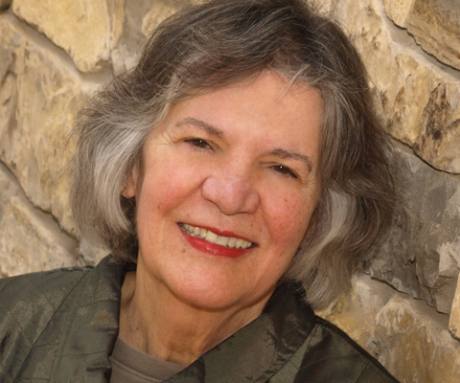
Glancy:
That to me is the height of ambition. Not only spiritual ambition, which is higher than plain ambition, but ambition to be like the Holy One himself. How can I achieve that while stuck with this body, this human will, and this fallen world in which I live? It seems impossible, especially since I have to live with myself and know my repeated failings and shortcomings. Nonetheless, it is an ambition given in scripture.
I have ambition to hold that ambition above all other ambitions in this ambitious world full of so many voices that would pull me away from that ambition that for me stands before all others.
Huston:
What does it mean to "pray continually?" The Orthodox recommend the Jesus Prayer: "Jesus Christ, Son of God, have mercy on me, a sinner." Catholics with a monastic bent repeat, "O God, come to my assistance; O Lord, make haste to help me." The medieval monk Brother Lawrence taught the "practice of the presence of God," which is to say, reminding ourselves every few moments that God is indeed with us and that it is the enormous distraction of rampant ambition that gets in the way of our remembering this basic fact of the Christian life.
Dickerson:
God, by his grace, managed to accomplish amazing things through our obedience, and through our gifts, but despite our bungling.Tell me about one of the chapters in this book that spoke to you.
Dickerson:
I was moved by Jeanne Murray Walker’s reflections on parenting. They affirmed decisions I made to make raising my children well a higher ambition than being a famous or great or successful writer. To the extent that the nearly fifteen years that passed between my first book and my second book was the result of my investing time in being a parent, I have no regrets.Tell us about a specific ambition you’d still like to achieve.
Zarr:
Well, I'm always writing my Oscar speech. I'm assuming that would be for screenwriting and not for, say, actress in a leading role?
Dickerson:
I also have an ambition of catching trout in every one of the fifty states in which trout can be found in a river or stream.Do you have a particular role model when it comes to ambition?
Glancy:
I think my role model is my father who did his work and received little recognition for his steadfastness in my life.
Zarr:
MagnoliaThere Will Be Blood
Dickerson:
The Lord of the RingsWhat are you most pleased about with this finished book?
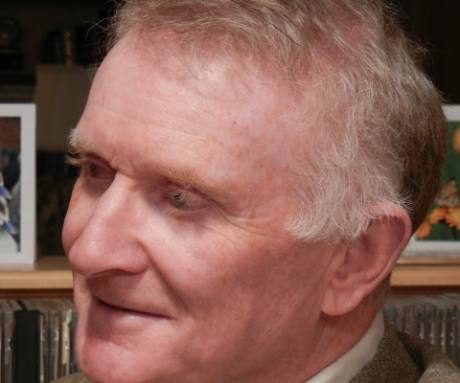
Trafton:
I am pleased that every chapter in the book is well written and intellectually engaging, ambitious to say something important. It irks me tremendously, of course, that not everyone agrees with me, but I will put that down too as a feature of the book that pleases me.
Glancy:
I think I am most pleased that it is finally published, and that I am in it among a company of writers I like and admire.Has membership in The Chrysostom Society inspired, tempered, or otherwise influenced your own sense of ambition?
Walker:
We often exchange manuscripts by email and comment on one another’s work. At our yearly meetings we talk about writing strategies, our current projects, and things that drive us crazy. We write books together and support one another’s publications. But the meetings are full of mischief, too, and high-jinx. They’re always a reminder to lighten up.
Dickerson:
Membership in Chrysostom has perhaps increased my ambition to write well, and lovingly, and carefully. It has probably also made my ambition less tied to the commercial success of my writing.
Glancy:
I think one of the important parts of our meetings is reading our work-in-progress before others. I still can see the members standing before the group to share their work.
Trafton:
2) Paradise LostTroilus and Cressida; The Prince;
Willis:
Inklings
Ambition
One oar, then another, stirs the water. Ripples gather at the prow, a wake appears.
You watch them as if they measure destiny. This takes a life. Finally you learn to drift.
The horizon is enough to see on every side. A boat will carry you where you are.
